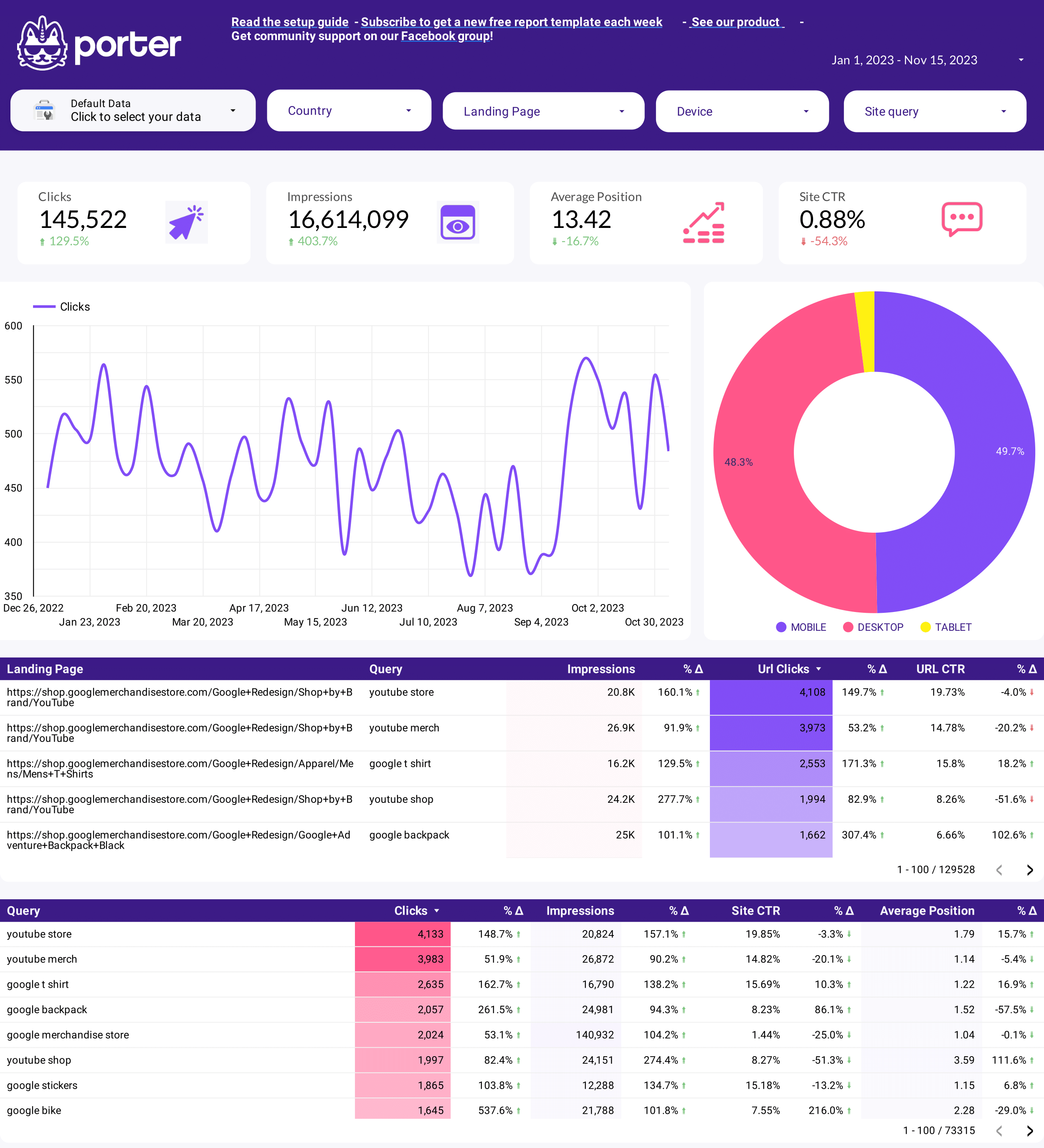Boost Your Website's Visibility: SEO Keyword Ranking Tips And Tools That Work
So, you're looking to skyrocket your website's visibility with some killer SEO keyword ranking tips and tools, huh? Well, buckle up because we're diving deep into the world of search engine optimization. In today's digital jungle, having a strong online presence is not just important—it's absolutely crucial. And guess what? The right SEO strategies can make all the difference in how well your site performs. From choosing the perfect keywords to leveraging powerful tools, this article's got you covered.
Let's face it, ranking higher on search engines isn't as easy as it sounds. But don't sweat it! With the right techniques and the best tools at your disposal, you can boost your website's visibility like never before. It's all about understanding what makes search engines tick and using that knowledge to your advantage.
Whether you're a newbie or a seasoned pro, there's always room for improvement in the world of SEO. And that's exactly what we'll be exploring here. So, grab your favorite drink, get comfy, and let's dive into the nitty-gritty of SEO keyword ranking tips and tools that will take your website to the next level.
Why SEO Keyword Ranking Matters in 2023
In today's fast-paced digital landscape, SEO keyword ranking is more important than ever. Think about it—when was the last time you went past the first page of Google search results? Probably never, right? That's because most users don't bother scrolling too far. So, if you want your website to get noticed, you need to focus on improving your keyword rankings.
Here's the deal: search engines like Google use complex algorithms to determine which websites deserve to be at the top of the search results. And one of the key factors they consider is how well your site aligns with relevant keywords. By optimizing your content with the right keywords, you're essentially telling search engines, "Hey, I'm the best match for what people are searching for!"
How Keywords Impact Your Website's Performance
Keywords are like the backbone of your SEO strategy. They play a huge role in determining how visible your website is to potential visitors. When you choose the right keywords and optimize your site accordingly, you increase your chances of ranking higher in search engine results pages (SERPs). And higher rankings mean more traffic, which can ultimately lead to more conversions and revenue.
But here's the catch—just stuffing your content with keywords won't cut it anymore. Google's algorithms are smarter than ever, and they can easily spot keyword stuffing. Instead, focus on creating high-quality, relevant content that naturally incorporates your target keywords. This way, you'll not only please the search engines but also provide value to your audience.
Understanding User Intent for Better SEO
User intent is all about understanding what your audience is really looking for when they type a query into a search engine. Is it information? Are they trying to buy something? Or are they just browsing for fun? Knowing the intent behind your users' searches can help you tailor your content to better meet their needs.
For example, if someone searches for "best SEO tools," they're probably looking for a list of tools that can help them with their SEO efforts. On the other hand, if someone searches for "how to improve website visibility," they might be seeking step-by-step guidance. By aligning your content with the user's intent, you increase the likelihood of engaging them and keeping them on your site longer.
Types of User Intent and How They Affect SEO
- Informational Intent: Users are looking for information or answers to their questions.
- Navigational Intent: Users know what they're looking for and just need help finding it.
- Transactional Intent: Users are ready to make a purchase or take some form of action.
Understanding these different types of user intent can help you create more targeted content that resonates with your audience. And when your content aligns with what users are looking for, it can significantly boost your SEO performance.
Top SEO Keyword Ranking Tips to Boost Your Website
Now that you understand the importance of SEO keyword ranking, let's dive into some actionable tips that can help you improve your website's visibility. These tips are tried and tested, so you can trust that they'll make a real difference in your SEO efforts.
1. Conduct Thorough Keyword Research
Keyword research is the foundation of any successful SEO strategy. It's all about finding the right keywords that your target audience is using to search for products or services like yours. Tools like Google Keyword Planner, Ahrefs, and SEMrush can be incredibly helpful in this process.
When conducting keyword research, focus on finding a mix of high-volume and low-competition keywords. This will give you the best chance of ranking well without having to compete with the big players in your industry.
2. Optimize Your On-Page SEO
On-page SEO refers to all the actions you take within your website to improve its rankings. This includes optimizing your titles, meta descriptions, headers, and content for your target keywords. Make sure your keywords are naturally woven into your content, but don't overdo it!
3. Build High-Quality Backlinks
Backlinks are like votes of confidence from other websites. When reputable sites link back to your content, it tells search engines that your site is trustworthy and authoritative. Focus on building relationships with other websites in your niche and aim to get backlinks from high-authority domains.
Best SEO Tools to Boost Your Website's Visibility
Having the right tools in your arsenal can make a world of difference when it comes to SEO. These tools can help you with everything from keyword research to tracking your rankings. Here are some of the best SEO tools you should consider:
1. Ahrefs
Ahrefs is a powerful SEO tool that offers a wide range of features, including keyword research, backlink analysis, and rank tracking. It's a bit pricey, but if you're serious about your SEO efforts, it's definitely worth the investment.
2. SEMrush
SEMrush is another popular choice among SEO professionals. It offers comprehensive tools for keyword research, competitor analysis, and site audits. Plus, it has a user-friendly interface that makes it easy to use even for beginners.
3. Google Analytics
Google Analytics is a must-have tool for tracking your website's performance. It provides valuable insights into your site's traffic, user behavior, and conversion rates. By analyzing this data, you can make informed decisions to improve your SEO strategy.
Long-Tail Keywords: The Secret Weapon for Better Rankings
Long-tail keywords are longer and more specific keyword phrases that are often used by users when they're closer to a point of purchase or when they're using voice search. These keywords may have lower search volumes, but they also tend to have less competition, making them easier to rank for.
For example, instead of targeting a broad keyword like "SEO tools," you could focus on a long-tail keyword like "best free SEO tools for small businesses." This will help you attract users who are more likely to convert, as they're already showing intent to find a solution.
How to Find Long-Tail Keywords
- Use keyword research tools like Google Keyword Planner or Ubersuggest.
- Look at your competitors' websites to see what long-tail keywords they're targeting.
- Check out forums and Q&A sites like Quora to see what questions people are asking related to your niche.
Local SEO: Tapping Into the Local Market
If you're a local business, local SEO can be a game-changer for boosting your website's visibility. By optimizing your site for local search, you can attract more customers in your area who are actively looking for products or services like yours.
One of the best ways to improve your local SEO is by claiming and optimizing your Google My Business listing. Make sure your business information is accurate and up-to-date, and encourage satisfied customers to leave reviews. Positive reviews can significantly boost your local rankings.
Content Optimization: Creating Content That Ranks
Content is king in the world of SEO, and optimizing your content for search engines is crucial for improving your rankings. Here are a few tips for creating content that ranks:
- Focus on creating high-quality, informative content that provides value to your audience.
- Use a mix of multimedia elements like images, videos, and infographics to make your content more engaging.
- Make sure your content is mobile-friendly and loads quickly, as these factors can impact your rankings.
Technical SEO: The Nitty-Gritty of Website Optimization
Technical SEO involves optimizing the backend of your website to ensure it's search engine friendly. This includes things like site speed, mobile optimization, and crawlability. By improving your website's technical SEO, you can enhance its performance and make it easier for search engines to index your content.
How to Improve Your Website's Technical SEO
- Use a content delivery network (CDN) to improve your site's loading speed.
- Ensure your website is mobile-friendly by using responsive design.
- Fix any broken links or 404 errors on your site to improve its crawlability.
Tracking Your Progress: Measuring SEO Success
Once you've implemented your SEO strategies, it's important to track your progress and measure your success. This will help you identify what's working and what needs improvement. Tools like Google Analytics and Google Search Console can provide valuable insights into your website's performance.
Some key metrics to track include organic traffic, bounce rate, time on site, and conversion rates. By analyzing these metrics, you can make data-driven decisions to refine your SEO strategy and achieve even better results.
Conclusion: Take Action and Watch Your Website Soar
There you have it—some top-notch SEO keyword ranking tips and tools to boost your website's visibility. Remember, SEO is an ongoing process, and staying up-to-date with the latest trends and algorithms is key to long-term success. By implementing the strategies and using the tools we've discussed, you'll be well on your way to improving your website's rankings and attracting more visitors.
So, what are you waiting for? Start putting these tips into action today and watch your website soar to new heights. And don't forget to leave a comment or share this article with your friends if you found it helpful. Together, let's conquer the world of SEO and make our websites shine!
Table of Contents
- Why SEO Keyword Ranking Matters in 2023
- Understanding User Intent for Better SEO
- Top SEO Keyword Ranking Tips to Boost Your Website
- Best SEO Tools to Boost Your Website's Visibility
- Long-Tail Keywords: The Secret Weapon for Better Rankings
- Local SEO: Tapping Into the Local Market
- Content Optimization: Creating Content That Ranks
- Technical SEO: The Nitty-Gritty of Website Optimization
- Tracking Your Progress: Measuring SEO Success
- Conclusion: Take Action and Watch Your Website Soar

SEO Keyword ranking tracker report template for marketing teams and

Mastering SEO A Comprehensive Guide to Boost Your Website's Visibility

Online SEO Course in Lahore Boost Your Website's Visibility with